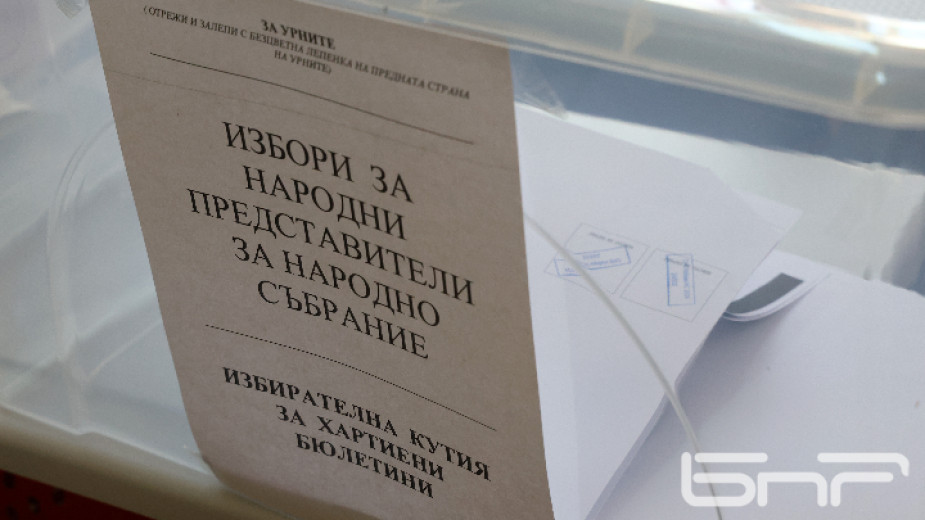Cyrulnik (2014), a psychiatrist and member of the UNICEF, talks about his work in Romania and Bulgaria. By working for the children’s charity UNICEF, Cyrulniks perspective is largely restricted to the excluded Rroma of Romania and Bulgaria. Despite his emphatic perspective on the minority, he reproduces several stereotypes about Rroma, such as the misconception that Rroma were all originally travellers: “At the time of communism, the sedentarisation of Roma was enforced, and the results seemed rather promising. The kids could run around everywhere, were laughing and were supervised by the “big” between 10 and 12 years and all adults of the village [Siria]. […] The Roma population is important. One estimates 2 million of them for Rumania, of which 650,000 are nomads. They are therefore already largely sedentary.” However, Rroma have always been largely sedentary. The travelling lifestyle ascribed to them is rather the result of their continued exclusion and dissemination. – Another focus of Cyrulnik’s article is on the limited access of the Rroma to health care institutions, the low enrolment rates and the continuing segregation. However, Cyrulnik forgets that, concerning this topic, he addresses only the visible, marginalised part of the minority and negates the integrated Rroma. In addition, it is dangerous to ascribe the marginalised Rroma a collective apathy toward the inevitability of their situation: “The segregation plays an important role in the difficult socialisation of Roma. The distance at the countryside reinforces the clan spirit and creates a culture that is difficult to participate in and in which one group ignores the other. The Roma families set themselves limits and internalise the discrimination. They subject themselves to a faith that makes them say that they cannot do better, that this is their fate. They easily become school dropouts, which threatens to make their integration in Europe difficult.” Nonetheless, Cyrulnik’s plea to economically and socially foster the integration of the Rroma and to make better use of their work force for the economies of Europe is commendable and indeed of great significance.
- Cyrulnik, Boris (2014) Roms: la future Europe aura besoin de leurs bras. In: Le Huffington Post online vom 21.11.2014. http://www.huffingtonpost.fr/boris-cyrulnik/roms-la-future-europe-aura-besoin-de-leurs-bras_b_6198760.html







